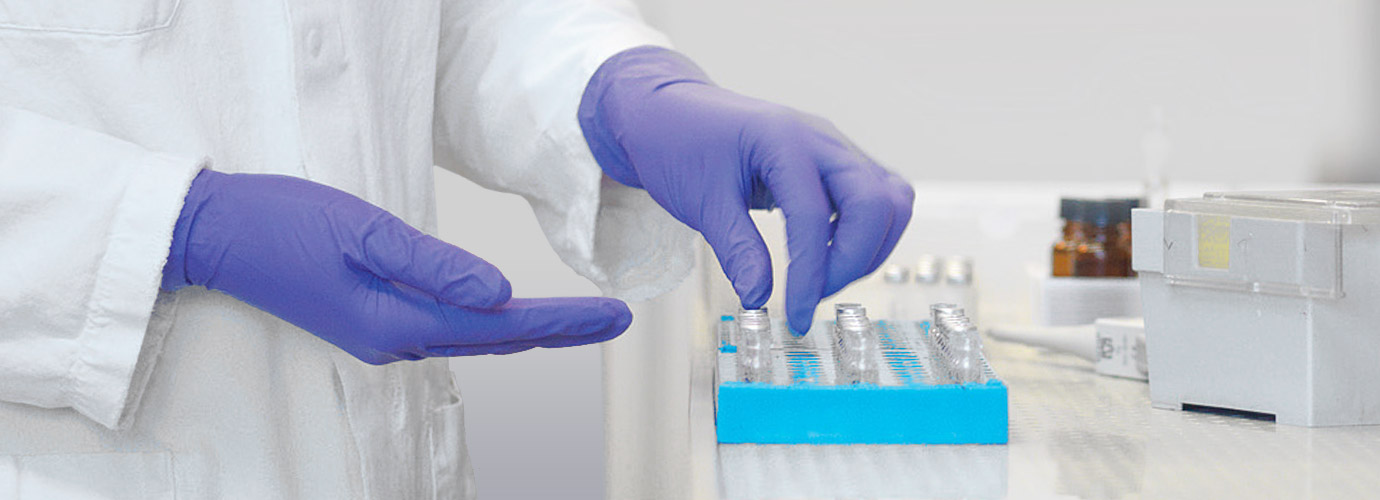Infant Colic: No efficacy of an infant formula containing L. reuteri, hydrolysed protein and reduced lactose content

01.2021
Author Sandra Rühle, M.Sc. Nutritionist
Between 5% and 30% of all babies between two weeks and three months of age suffer from colic. These difficult to diagnose abdominal cramps are associated with increased maternal depression, earlier breastfeeding cessation and infantile shaking trauma. In recent years, the composition of the intestinal microbiome has been suggested as an independent risk factor for infantile colic. Several studies suggest that inadequate lactobacilli in the first months of life may favour the development of colic. [1]
Study design: In a double-blind, randomized, active-controlled study 241 infants with colics were examined. The infants, aged four months or less, were divided into two parallel groups with different Nestlé infant formula: One group received an infant formula with hydrolysed protein, reduced lactose content (40%) and the probiotic L. reuteri (group A, n = 124). The other group received a standard infant formula with intact protein, 100% lactose and no probiotic (group B, n = 117). The administration period was limited to four weeks, followed by an eight-week follow-up phase.
Results: The average daily crying time after four weeks of intervention was significantly lower in group B, with the standard diet, than in group A (104.7 min vs. 146.4 min; p = 0.001). No significant side effects were observed in both groups.
Prior to the intervention, 25% of infants in both groups tested positive for L. reuteri. After four weeks of intervention, colonization with L. reuteri was detected in only 44 % of group A and 24 % of group B. A reduction in the duration of crying in infants with positive colonisation of L. reuteri was demonstrated in group A subjects alone (p = 0.008).
[1] Turco R et al., Efficacy of a partially hydrolysed formula, with reduced lactose content and with Lactobacillus reuteri DSM 17938 in infant colic: A double blind, randomised clinical trial, Clinical Nutrition 2020 (5), https://doi.org/10.1016/j.clnu.2020.05.048


